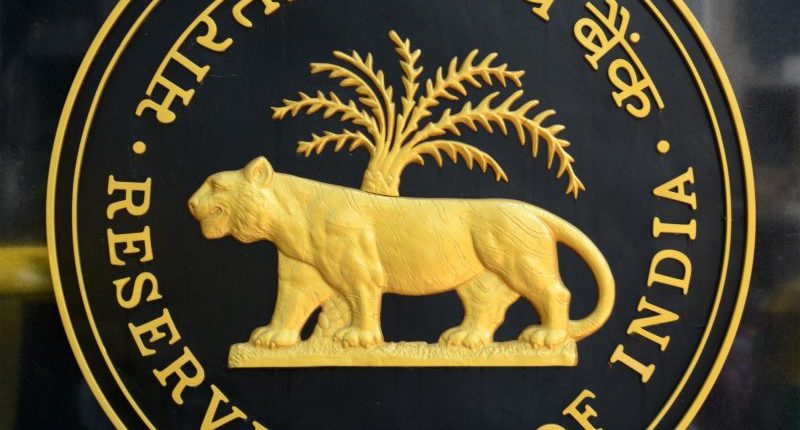On Monday, the Reserve Bank of India (RBI) introduced an Internal Ombudsman (IO) mechanism for NBFCs (Non-Banking Financial Companies). It also issued the ‘Appointment of Internal Ombudsman by Non-Banking Financial Companies’ directions.
The RBI had announced the move to introduce an internal ombudsman mechanism for NBFCs in its ‘Statement on Development and Regulatory Policies’ as a part of its monetary policy statement in October 2021.
Appointment of Internal Ombudsman by NBFCs
The directions provide that the deposit-taking NBFCs with 10 or more branches and non-deposit-taking NBFCs with asset size of Rs.5,000 crore must appoint an IO within six months and comply with the directions.
However, the RBI has excluded the following NBFCs from complying with the directions, and they need not appoint an IO:
- Stand-alone primary dealer
- NBFC – Infrastructure Finance Company (NBFC-IFC)
- Core Investment Company (CIC)
- Infrastructure Debt Fund – NBFC (IDF-NBFC)
- NBFC – Account Aggregator (NBFC-AA)
- NBFC under Corporate Insolvency Resolution Process (CIRP)
- NBFC in liquidation
- NBFCs having only captive customers
Roles and Responsibilities of the Internal Ombudsman
The IO will deal only with the complaints that the NBFCs have examined, and they have partly or wholly rejected them. The IO will not handle complaints received directly from the members of the public or customers. However, they will review all complaints that the NBFCs have partly or wholly rejected before conveying the final decision of the NBFC to the complainant.
The IO will not handle the complaints relating to frauds, misappropriation, internal administration, references like commercial decisions of the NBFC, and complaints decided by or pending in the consumer dispute redressal commission or courts.
The NBFCs should formulate a standard operating procedure approved by its Board and establish a system of auto-escalation to the IO for taking the final decision of all the complaints that the NBFCs internal grievance redress mechanism has rejected, either partly or wholly.
Reporting System to RBI
The NBFC shall establish a periodic (quarterly and annually) reporting system of information to the RBI. The IO will furnish periodic reports to the NBFC board, preferably at quarterly intervals, but not less than bi-annually. The NBFCs internal audit system will monitor the implementation of the internal ombudsman mechanism apart from regulatory oversight by the RBI.
The directions issued by the RBI also cover the IO’s qualification and tenure, responsibilities, procedural guidelines for NBFCs regarding complaints referred to the ombudsman, audit, and oversight mechanism for the IO.
The mandatory appointment of an internal ombudsman by the NBFCs to review the rejected complaints will act as a check on their decision. It will also build a better customer experience, including grievance redress practices.
For any clarifications/feedback on the topic, please contact the writer at mayashree.acharya@cleartax.in

I am an Advocate by profession. I interpret laws and put them in simple words. I love to explore and try new things in life.





